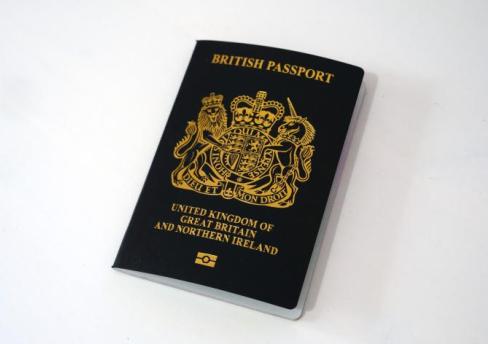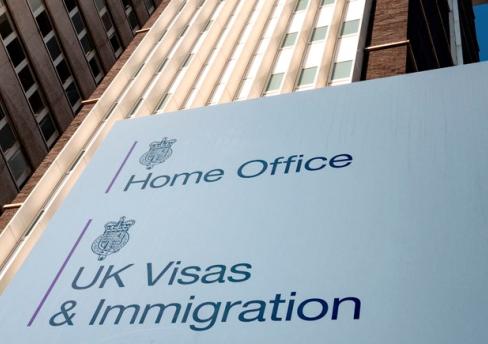A lot has been written about the consequences of Brexit for EU nationals living and working in the UK. However, one area that hasn't been considered is the consequences for sport. A recent article discussed some of these, but the implications of the ending of free movement will be seen at all levels of sport.
What will the future Immigration Rules hold?
We are all used to the current system, where an EU national player can arrive in the UK and start playing for any club, at any level, without the club having to consider work permits or visas. This has been cited as a reason for the fall in the number of Scottish players in the top level of football but it has been a fact of life in all sports.
The new Immigration Rules, which will apply from January 2021, mean that future EU players will need to qualify for visas. This process will involve 2 steps:
- The player being endorsed by the appropriate sport's governing body. Each sport has their own rules for this, but using Scottish football as an example this requires a certain percentage of international appearances which varies according to how highly their home country is ranked in the FIFA rankings.
- The individual player making a visa application.
The implications of the new system will be:
- Visas will be restricted to the top levels of sport. Clubs in lower leagues or amateur clubs looking to sign someone from the EU are unlikely to receive one of the limited endorsements available;
- The process will take much longer than previously. Even if the Home Office streamline the process, their intentions are that the visa process will still take a minimum of 2 - 3 weeks. This may seem a short period, but compared to the current rules where an EU national can be signed and play the next day it will be a significant change.
Overall, this means that there is likely to be a reduction in the number of EU nationals playing in Scotland, and even at the highest level there will be an increase in the amount of red tape around transfers.
What should players already in the UK do?
Given that it is expected to be harder to sign EU nationals in the future, there is likely to be an increased emphasis on retaining existing talent. This means players already in the UK should consider making applications for Pre-Settled and Settled Status under the EU settlement scheme. That will allow them to continue to play here and transfer to other UK clubs without having to worry about visa.
Interestingly, the EU Settlement scheme also allows people who have previously lived in the UK for 5 years to make applications even if they have since left the UK, provided they haven't been absent for 5 years. This means ex-players, who have left the UK, could return to the UK in the future without having to apply for a visa under the new system, and their increased availability may make them more attractive to UK clubs in 2021.
The deadline for applications to the settlement scheme is June 2021, and any individual applying will need to show residence in the UK before the end of December 2020. Any EU nationals living in the UK should consider making applications now. If you are a sportsperson affected by Brexit please get in touch with our Sports Law team and we can help make sure you are eligible to continue playing in the UK in 2021 and beyond.
The content of this webpage is for information only and is not intended to be construed as legal advice and should not be treated as a substitute for specific advice. Morton Fraser LLP accepts no responsibility for the content of any third party website to which this webpage refers. Morton Fraser LLP is authorised and regulated by the Financial Conduct Authority.










